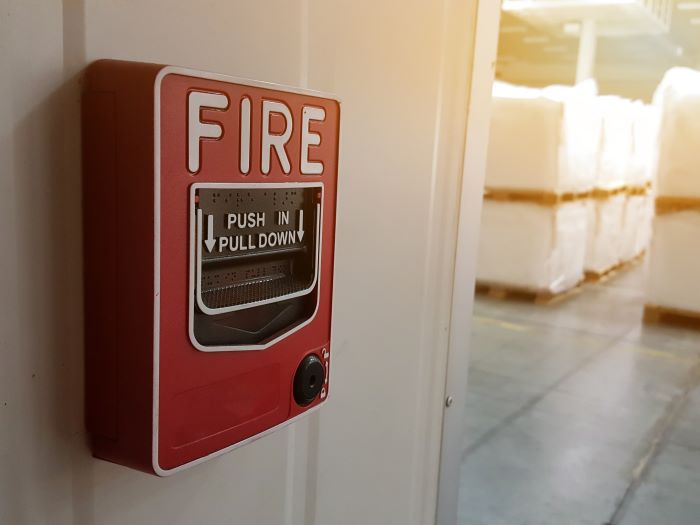Fire alarm systems are an essential component of building safety, playing a crucial role in both saving lives and protecting property. These systems are designed to detect and notify occupants of a building in the event of a fire, allowing for prompt evacuation and the timely arrival of firefighting personnel. In this article, we will explore the importance of fire alarm systems and how they contribute to the prevention and mitigation of fire-related incidents.
Early Detection and Prompt Notification
One of the key features of fire alarm systems is their ability to detect fires in their early stages. This is achieved through the use of various sensors, such as smoke detectors, heat detectors, and flame detectors.
Find superior fire alarm systems by visiting this site.

Image Source : Google
Automatic Fire Suppression Activation
Many modern fire alarm systems are integrated with automatic fire suppression systems, such as sprinklers. These systems are activated when the fire alarm system detects a fire, helping to contain and extinguish the flames before they have a chance to spread.
Emergency Communication and Evacuation Guidance
In addition to providing early detection and notification, fire alarm systems also play a vital role in facilitating emergency communication and evacuation guidance. Many modern fire alarm systems are equipped with voice evacuation capabilities, allowing for clear and concise communication with building occupants during an emergency.
Integration with Building Systems
Fire alarm systems are often integrated with other building systems, such as HVAC (heating, ventilation, and air conditioning) and access control systems. This integration allows for enhanced safety and efficiency in the event of a fire.
/cdn.vox-cdn.com/uploads/chorus_image/image/51867435/Eli_Preferred_Headshot.0.jpeg)